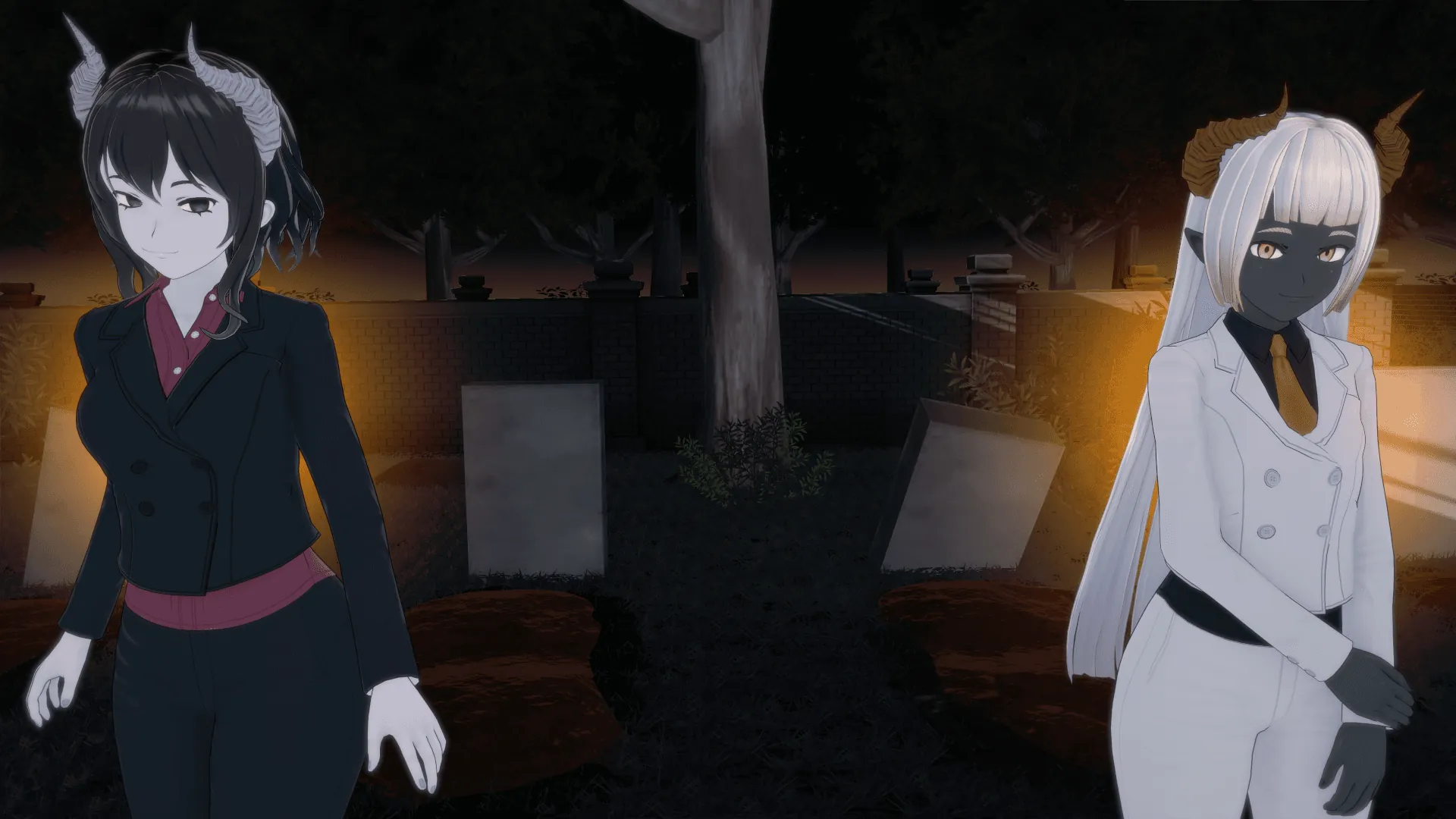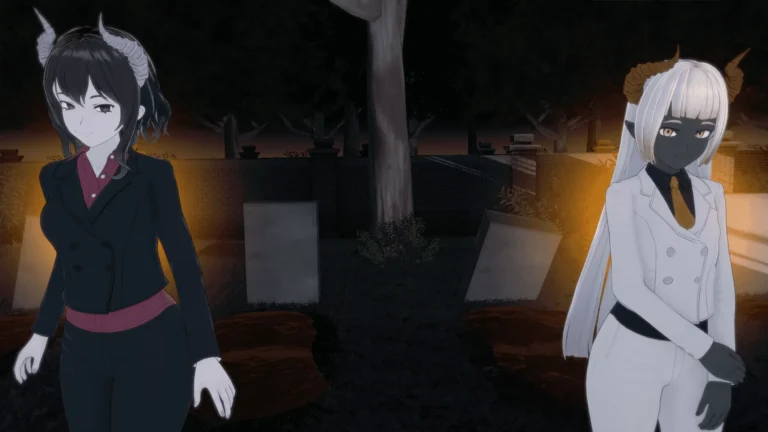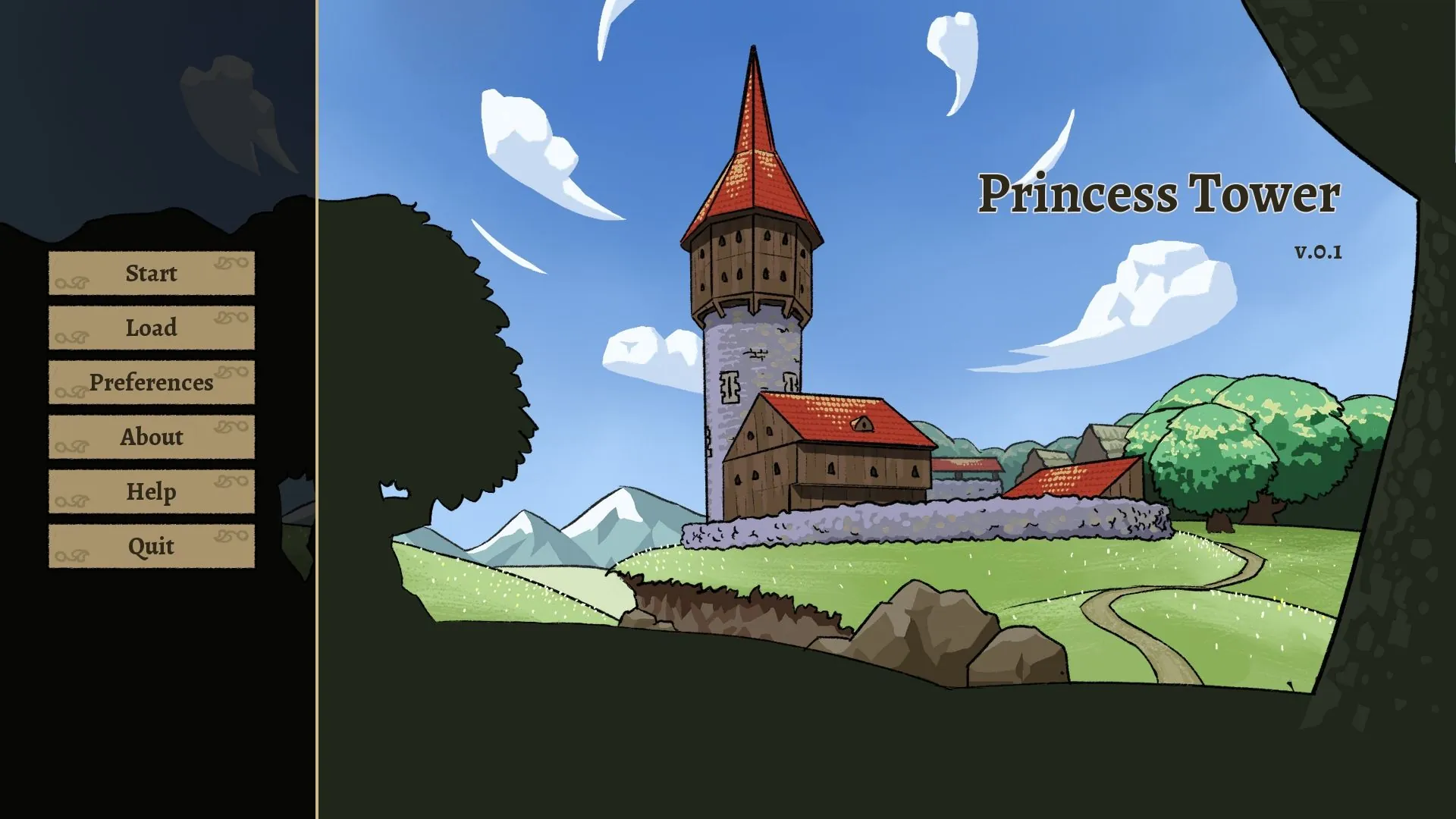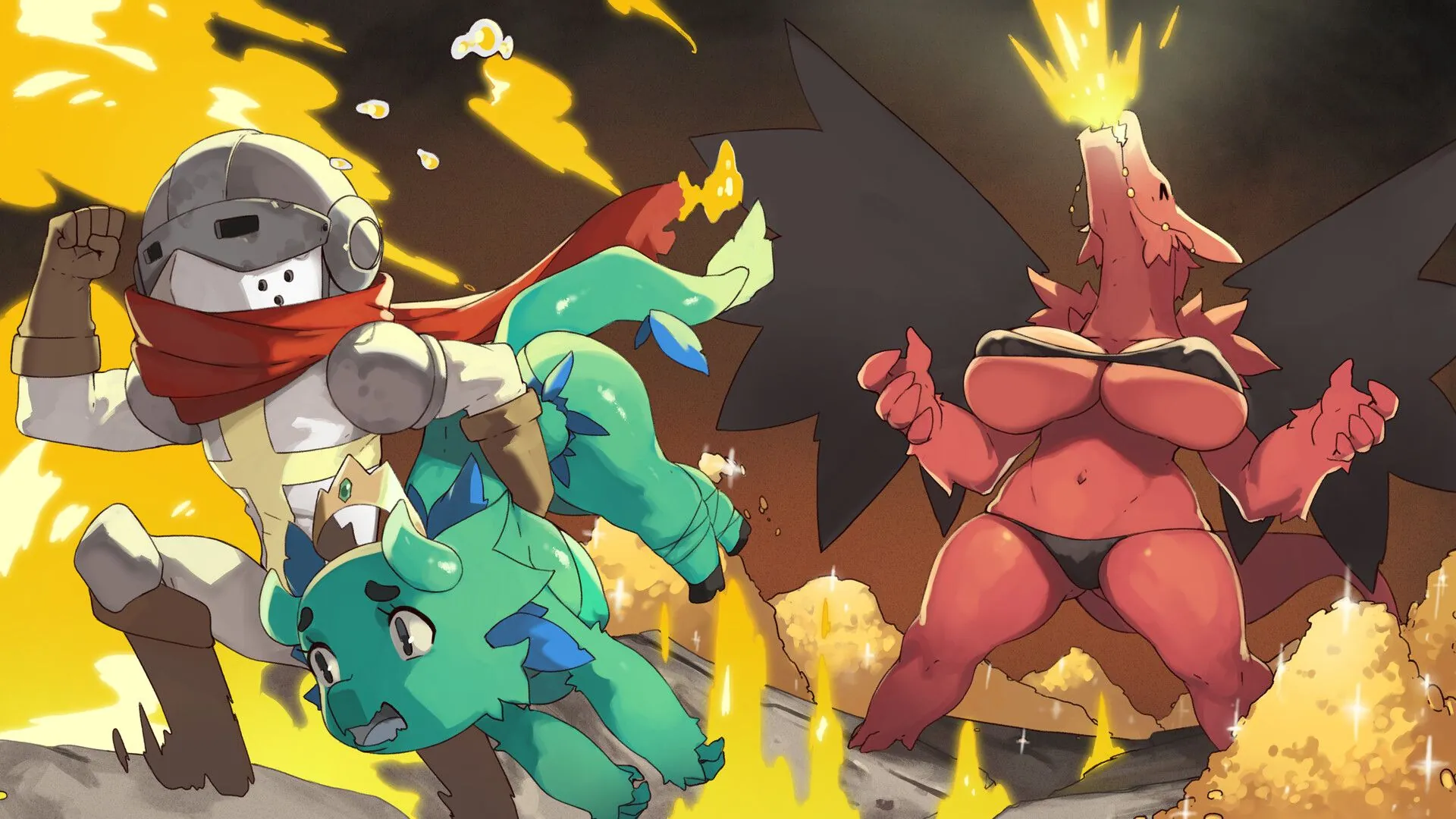
Demons of the Hearth
Play Demons of the Hearth
Demons of the Hearth review
A Deep Dive into the Engaging World of ‘Demons of the Hearth’
In the realm of interactive storytelling, ‘Demons of the Hearth’ stands out as a captivating visual novel where players take on the role of a weakened demon lord striving to reclaim their throne. Set in the city of Sanctus, this game combines elements of magic, espionage, and charisma, offering a rich narrative with complex characters and strategic gameplay. With its monthly updates and engaging storyline, ‘Demons of the Hearth’ has garnered significant attention from fans and critics alike.
Chapter 1: Gameplay Mechanics
Choosing Your Path
Picture this: you’re standing in a dimly lit Victorian parlor, a demon disguised as your charming aunt offers you a cup of tea 🫖. Do you accept politely, call her bluff with a spell, or subtly pocket the poison vial she “accidentally” left on the table? Demons of the Hearth throws these gameplay choices impact at you like confetti at a haunted ball—and every decision carves a new groove in the story’s spine.
The heart of Demons of the Hearth gameplay lies in its branching paths. Unlike linear stories, here, your choices aren’t just flavor text—they’re the main course. Want to solve problems with magic? Go full witch and risk exposing your powers to mortal enemies. Prefer espionage? Sneak through shadowy corridors, but don’t get caught without an alibi. Or maybe charisma is your weapon of choice—talk your way out of trouble, but remember: demons love a good loophole.
🎭 Pro Tip: Save often! I learned the hard way when my sarcastic reply to a demon lord turned my character into a sentient teapot for three chapters.
Let’s get concrete. Early in the game, you’ll face a pivotal choice: rescue a trapped spirit or exploit its energy to boost your magic. Pick the former, and you gain a loyal ally who later sabotages a villain’s plan. Choose the latter, and your magic becomes devastating… but allies start distrusting you. It’s interactive storytelling at its finest—no “good” or “bad” endings, just consequences that feel real.
| Choice | Short-Term Benefit | Long-Term Consequence |
|---|---|---|
| Rescue the Spirit | +1 Ally | Unlocks hidden safehouse |
| Exploit the Spirit | +3 Magic Power | Allies become suspicious |
Character Interactions
Ever tried negotiating with a centuries-old demon who’s also your overbearing mother-in-law? 😈 Demons of the Hearth blends family drama with supernatural stakes, and character interactions are where its visual novel mechanics shine. Every conversation is a dance—step on too many toes, and you’ll face a fiery finale.
Take Clara, the sharp-tongued seamstress who moonlights as a spy. At first, she’ll dismiss you as a “meddling novice.” But bring her evidence of a rival demon’s plot, and suddenly, you’re swapping secrets over whiskey. Build enough rapport, and she might even teach you lockpicking… or sell you out to the highest bidder. Trust is currency here, and everyone’s got a price.
🗝️ Fun Fact: I once accidentally insulted a demon’s fashion sense during a negotiation. Turns out, vanity is a great pressure point. Flattery unlocked a shortcut through a guarded mansion!
Relationships aren’t just about dialogue trees. Your strategic decision-making in games affects how characters perceive you. For example:
– Use magic recklessly? Pure-hearted allies may distance themselves.
– Prioritize stealth? Shadowy figures respect your subtlety.
– Charm your way through conflicts? Social climbers will flock to you.
The game tracks reputation points behind the scenes, shaping alliances, betrayals, and even romance options. Forget “good cop/bad cop”—this is “demon diplomat/chaotic gremlin” territory.
Strategic Decision-Making
Here’s the tea: Demons of the Hearth doesn’t care about your moral compass. It cares if you can think three steps ahead. That’s where strategic decision-making in games transforms from a buzzword into a survival skill.
Early on, I wasted all my “soul essence” (the game’s currency for spells and bribes) on flashy magic. By Chapter 5, I was broke, desperate, and bargaining with a garden gnome for intel. Don’t be like me. Balance short-term wins with long-term goals.
🕯️ Hot Take: Treat every choice like a chess move. Sacrifice a pawn (or a pesky cousin) to checkmate the demon king.
The game’s visual novel mechanics let you rewind and explore alternate paths, but true mastery means living with your decisions. For instance:
– Magic solves problems quickly but drains resources.
– Espionage requires patience and Intel-gathering.
– Charisma opens doors… unless you’re dealing with a mute gargoyle.
| Strategy | Best For | Worst For |
|---|---|---|
| Magic | Boss battles, instant solutions | Stealth missions, alliances |
| Espionage | Intel gathering, avoiding conflict | Time-sensitive crises |
| Charisma | Negotiations, unlocking secrets | Enemies immune to charm |
So, why does Demons of the Hearth gameplay grip you like a demon’s handshake? Because it turns every choice into a ripple—not just in the story, but in how you see yourself as a player. Will you be a cunning manipulator, a righteous hero, or a glorious mess? The hearth is waiting. 🔥
In conclusion, ‘Demons of the Hearth’ offers a compelling blend of strategic gameplay and engaging storytelling, set in a richly detailed world. With its active community and regular updates, this game continues to captivate players. For those interested in immersive visual novels, ‘Demons of the Hearth’ is certainly worth exploring.




